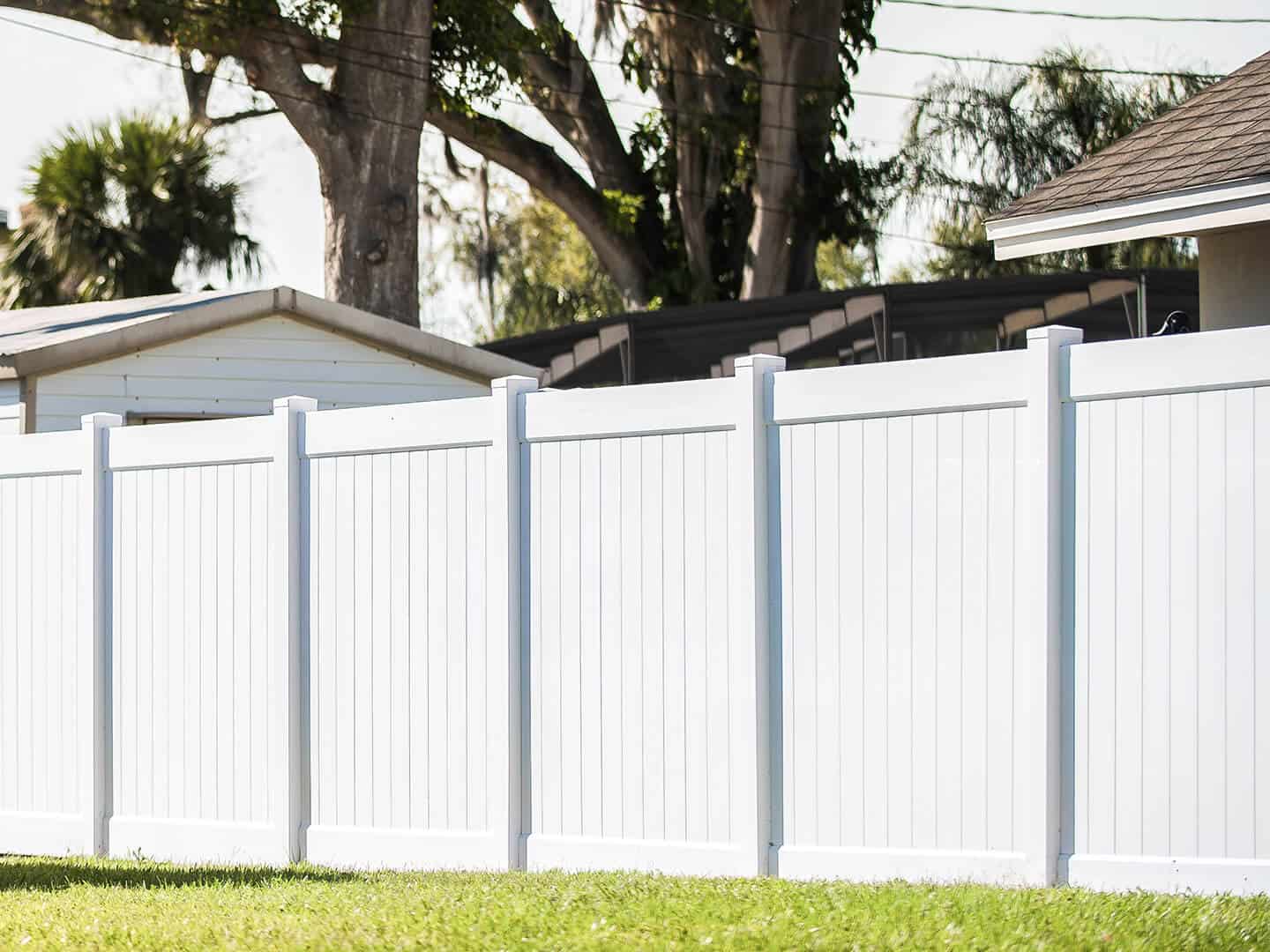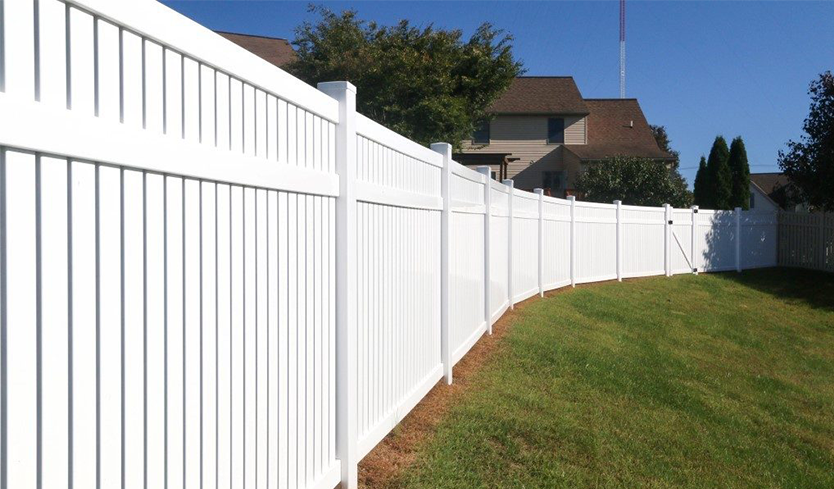Weather Forces Changes to Fireworks Events in Paola, Louisburg

The Fourth of July is synonymous with fireworks, a dazzling display that lights up the night sky and brings communities together in celebration. However, this year, weather forces changes to fireworks events in Paola, Louisburg, causing organizers and residents to adapt their plans. The unpredictability of weather has always been a challenge for outdoor events, but the resilience and creativity of these communities ensure that the spirit of Independence Day remains undiminished.
The Importance of Fireworks on the Fourth of July
Fireworks have been a staple of Fourth of July celebrations in the United States since the country’s earliest days. They symbolize the joy and freedom associated with the nation’s independence. In towns like Paola and Louisburg, fireworks displays are not just events but traditions that bring families and friends together. These celebrations foster a sense of community, patriotism, and continuity.
Historical Context of Fireworks in Paola and Louisburg
Paola
Paola, a charming city in Miami County, Kansas, has a rich history of Fourth of July celebrations. The town’s fireworks display is a highlight of the year, drawing crowds from surrounding areas. The event typically features live music, food vendors, and family-friendly activities, culminating in a spectacular fireworks show over Wallace Park.
Louisburg
Similarly, Louisburg, known for its close-knit community and scenic landscapes, hosts an annual fireworks display that is eagerly anticipated by residents. Held at the Lewis-Young Park, the event is a focal point of the town’s Independence Day festivities, including parades, picnics, and various forms of entertainment.
The Impact of Weather on Fireworks Events
While fireworks are a beloved tradition, their execution is heavily dependent on favorable weather conditions. Adverse weather can pose significant risks, including safety hazards and logistical challenges.
Safety Concerns
Fireworks require specific conditions to be safely launched and viewed. High winds can carry sparks and debris over long distances, increasing the risk of fires. Similarly, rain and thunderstorms not only dampen the fireworks but also pose risks of lightning strikes, making outdoor gatherings dangerous.
Logistical Challenges
Unpredictable weather also creates logistical challenges for event organizers. Setting up a fireworks display involves meticulous planning and coordination. Equipment must be protected from the elements, and contingency plans must be in place to ensure the safety of attendees.
Recent Weather Patterns Affecting Paola and Louisburg
In recent years, Paola and Louisburg have experienced a variety of weather patterns that have impacted their Independence Day celebrations. This year, weather forces changes to fireworks events in Paola, Louisburg due to a combination of adverse conditions.
Severe Thunderstorms
This year’s forecast included severe thunderstorms in the days leading up to and including the Fourth of July. Thunderstorms pose a dual threat: lightning can ignite fires, and heavy rainfall can damage fireworks and equipment. Additionally, muddy conditions make it difficult for attendees to enjoy the event safely.
High Winds
High winds were also a concern, as they can cause fireworks to drift off course, posing safety hazards. Wind gusts exceeding safe limits necessitate postponing or relocating fireworks displays to prevent accidents and ensure that the event can proceed without incident.
Responses and Adjustments by Event Organizers
Faced with these challenges, organizers in Paola and Louisburg have had to make significant adjustments to their plans. The resilience and ingenuity of these communities have ensured that the celebrations can still proceed in a modified format.
Paola’s Adjustments
In Paola, the event organizers decided to postpone the fireworks display to a later date when weather conditions are expected to be more favorable. This decision was made to prioritize the safety of attendees and ensure that the display could be enjoyed to its fullest potential. Additionally, organizers arranged for alternative entertainment options, including an indoor concert and community activities, to keep the festive spirit alive.
Louisburg’s Adjustments
Louisburg faced similar challenges, leading organizers to relocate the fireworks display to a more sheltered area within Lewis-Young Park. This move provided some protection from the wind and rain, allowing the event to proceed with necessary precautions in place. The community also set up additional indoor activities and food stalls to ensure that attendees had a memorable experience despite the weather changes.
Community Reactions and Support
The decision to modify the fireworks events was met with understanding and support from the residents of Paola and Louisburg. While the changes were disappointing to some, the priority placed on safety and community well-being was widely appreciated.
Positive Community Feedback
Residents expressed their gratitude towards the organizers for their proactive measures and transparent communication. Social media platforms were abuzz with supportive messages, and many community members offered to volunteer and assist with the revised plans. This spirit of cooperation and solidarity underscored the strong community bonds in Paola and Louisburg.
Continuing the Celebration
Despite the changes, the essence of the Fourth of July celebration was preserved. Families gathered, friends reconnected, and the spirit of independence and freedom was celebrated in various creative ways. The resilience shown by the communities highlighted their ability to adapt and thrive even in the face of challenges.
The Role of Weather Forecasting in Event Planning
The situation in Paola and Louisburg underscores the importance of accurate weather forecasting in planning large outdoor events. Event organizers increasingly rely on advanced meteorological tools and services to make informed decisions and minimize risks.
Meteorological Services
Meteorological services provide detailed forecasts that help organizers plan for various scenarios. By monitoring weather patterns and receiving timely updates, event planners can implement contingency plans and make real-time adjustments as needed.
Technology and Communication
Technology plays a crucial role in disseminating weather information and updates to the public. Mobile apps, social media, and local news channels ensure that residents are informed about any changes to event schedules. This rapid communication helps manage expectations and keeps the community engaged.
Looking Ahead: Future Fireworks Events
As the climate continues to change, weather-related disruptions to outdoor events may become more frequent. Communities like Paola and Louisburg are already taking steps to build resilience and adaptability into their event planning processes.
Long-Term Planning
Long-term planning involves considering historical weather data and trends to choose optimal dates and locations for events. By analyzing patterns and preparing for various scenarios, organizers can better anticipate potential disruptions and mitigate their impact.
Community Involvement
Involving the community in the planning process ensures that events are designed to meet the needs and expectations of residents. Feedback from previous events can inform future planning, helping to create experiences that are both enjoyable and safe.
Conclusion
The story of weather forces changes to fireworks events in Paola, Louisburg is a testament to the resilience and adaptability of these communities. While adverse weather conditions posed significant challenges, the proactive measures taken by organizers ensured that the spirit of Independence Day remained undiminished. By prioritizing safety, leveraging technology, and fostering community support, Paola and Louisburg demonstrated how to navigate the complexities of event planning in an era of unpredictable weather. As they look ahead to future celebrations, these communities will continue to innovate and adapt, ensuring that their traditions remain vibrant and inclusive for years to come.





